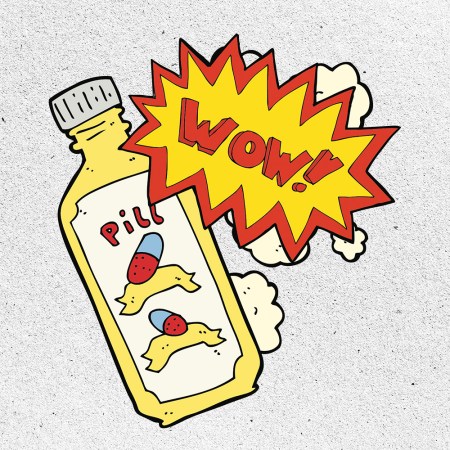After dropping $50 on a ticket, $36 for a couple of beers and $22 on a burger, fries and Cracker Jacks, just to see your favorite team lose at a live sports event, the experience might not have felt so worthwhile. Chances are it still was, though, in unseen but critical ways.
A new study published in a popular science journal, Frontiers in Public Health, says attending live sports events improves levels of well-being, with people who do so reporting greater “life satisfaction” and a sense that “life is worthwhile.” The study originates out of the Anglia Ruskin University’s School of Psychology and Sport Science, where academics used data from a U.K. government-commissioned survey of 7,209 people, living in England, aged 16-85. The purpose of the survey was to “provide a central, reliable evidence source that can be used to analyze cultural, digital, and sporting engagement, providing a clear picture of why people do or do not engage.”
Of additional note, the study’s authors said the survey data revealed live sports events create “positive associations” with “subjective well-being” indicators, like the aforementioned “life satisfaction” and feelings that life is “worthwhile.” The positive associations were also demographically agnostic, and can help fight loneliness, which the authors pointed out has been described as “a modern behavioral epidemic.”
Chants, Cheers and Beers With the Most Powerful Fans in Sports
We embedded with the Columbus Crew superfans known as The Nordecke for one wild weekend.Said the university in a blog post: “These results are significant as previous studies have shown that higher life satisfaction scores are associated with fewer life-limiting conditions and better physical health, successful ageing, and lower mortality rates. The new study also found that attending live sports events leads to an increase in people’s sense that ‘life is worthwhile’, and the size of this increase is comparable to that of gaining employment.”
Those who authored the study hope that their findings might not only encourage more people to root, root, root for their home teams, but actually influence legislation.
“Ours is the first study to look at the benefits of attending any sporting event across an adult population, and therefore our findings could be useful for shaping future public health strategies, such as offering reduced ticket prices for certain groups,” said lead author Dr. Helen Keyes. “The live events covered by the survey ranged from free amateur events, such as watching village sports teams, right through to Premier League football matches. Therefore, further research needs to be carried out to see if these benefits are more pronounced for elite level sport, or are more closely linked to supporting a specific team. However, we do know that watching live sports events of all types provides many opportunities for social interaction and this helps to forge group identity and belonging, which in turn mitigates loneliness and boosts levels of well-being.”
This is not the first report to generally acknowledge the mental health benefits that come from sports fandom. A heavily researched book authored in 2022 by journalist and best-selling author Larry Olmsted said in its title that “Watching Sports Makes Us Happier, Healthier, and More Understanding.” Across Fans, Olmsted concluded that actively engaged sports followers experience higher levels of self-esteem, fewer bouts of depression, less alienation and lower levels of loneliness. They typically have a larger number of friends and greater trust in other people, while rates of tension, confusion and anger are lower than for those who don’t care as much about sports.
I’ve witnessed this firsthand, on multiple occasions recently. Last summer I wrote two articles about communal fan consortiums, one for InsideHook about the primary supporters’ group who follow the Major League Soccer Club the Columbus Crew, another for Narratively about the 7 Line Army, devotees of the New York Mets. In both instances, a number of group members told me they had met dozens of people through their collective that they now consider not just close friends, but people they can depend on. Many also met romantic partners through the respective groups as well and likened the lots to oversized families.
While dishing out the kind of cash I outlined earlier to attend a sporting event is not something many people can do — especially when a parental unit wants to enjoy a day out with the whole family, too — there are cheaper options, such as local school games and minor league contests. (Maybe one day we’ll see government-sanctioned discounts if the folks behind this study have their way!)
Regardless, if you have even a passing interest in sports, try and get to a game sometime. It could literally save your life.
Whether you’re looking to get into shape, or just get out of a funk, The Charge has got you covered. Sign up for our new wellness newsletter today.



















